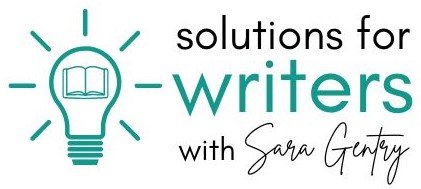Welcome SCBWI Writers!
Here are some free resources and a special offer for Mini Blueprint Attendees!
Don’t Lose Your Readers!
Readers put a book down when they are confused about what’s happening. This free guide helps you strengthen your story logic at the scene level. Here you’ll find an iterative method and reusable worksheets to help you strengthen the logic of every scene in your book.
Create a Compelling Story
In this FREE 12-page guide, I show you how your story’s core, concept, and character work together to create a compelling story. Includes exercises to help you brainstorm strong story ideas.
Help for Parents Who Write
This free guide shows you how to include your children in your writing life. You won’t find any life hacks or scheduling tips here, but you will come away with ideas to help you create a writing-friendly family atmosphere. (For moms AND dads!)
Free Writing Accountability Sessions
I host free one-hour writing accountability sessions on Zoom. The schedule rotates, but there are 2-3 sessions per week. We show up, spend the first couple minutes sharing our goal for the session, write for about 50 minutes, then close out with a check-in. You are welcome to come late and leave early. Sign up to receive links!
I joined my colleagues Christy Yaros and Sharon Skinner as a guest for their fabulous podcast, Coaching KidLit. We talked about studying the structure of published books and how breaking them down can help you with the structure of your own novel.
Here is a sampling of blog posts that are helpful for KidLit writers
-

How Is a Book Coach Different From an Editor?
Writers often confuse the role of a book coach with that of an editor. In this post, I explain the differences and suggest when writers might work with each one.
-

KidLit Book Categories
This post gives an overview of KidLit categories: board books, picture books, early readers, chapter books, middle grade, and young adult.
-

How Does Book Coaching Work If I Only Have a Hint of a Story Idea?
Writers are more familiar with receiving feedback on pages they’ve written. But a story idea? How does a book coach work with a writer before any “official” words are written? Why is this work beneficial?
-

Just for the Joy of It
Outcome-focused thinking is robbing a lot of writers from the joy of investing in their writing just because they WANT to. In this post, I talk about restarting piano lessons and how it made me reconsider my mindset about investing time, money, and energy into my writing.




